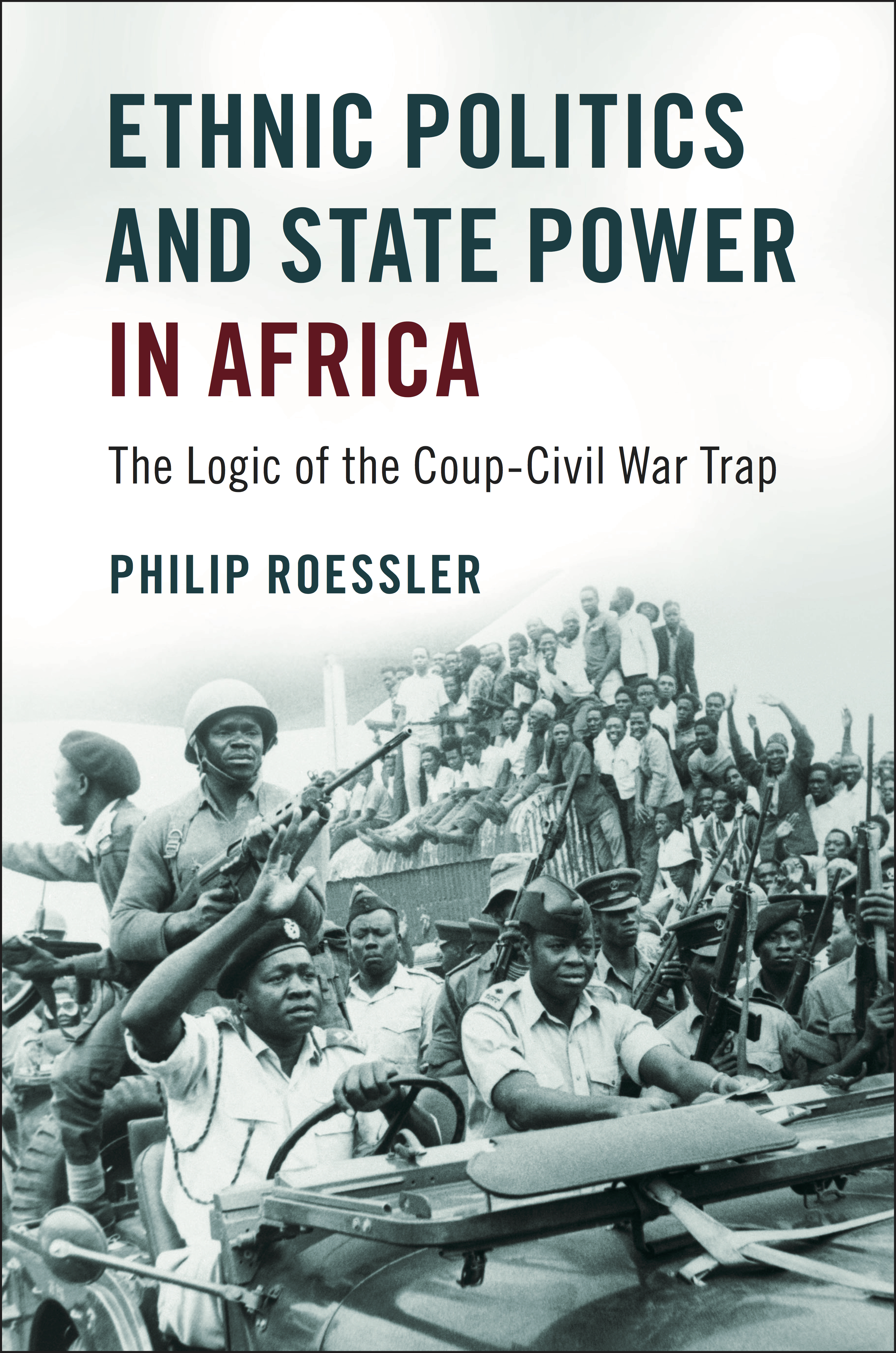I am the Margaret Hamilton Associate Professor of Government at William & Mary where I also serve as the Co-Director of the Digital Inclusion and Governance Lab and the Director of the Africa Research Center at W&M’s Global Research Institute (GRI).
My research and teaching focus on the political economy of development, comparative politics, and African politics, with wide-ranging interests on: the causes of civil war; the origins and consequences of spatial inequality; ethnic politics; competing foreign aid regimes; and, increasingly, the effects of the digital technology revolution. The latter research program, housed at W&M’s DIG Lab, leverages field experiments in Tanzania, Malawi, Uganda, Pakistan and beyond to address big questions on the impact of digital tech on development from effective strategies to reduce the smartphone gender gap to the effects of interoperable payment systems. (Read about the launch of the DIG Lab.)
A second major active research program focuses on the effects of the cash crop revolution on the making of modern Africa and legacies of spatial inequality. This is the subject of my next book in collaboration with Yannick Pengl at ETH-Zurich. Research for this project is supported by an award from the National Science Foundation on The Origins and Consequences of Spatial Inequality.
In addition to the NSF, my research has been funded by Innovations for Poverty Action, the Bill & Melinda Gates Foundation, the British Academy, the Harry Frank Guggenheim Foundation, the Institute of International Education, the United States Agency for International Development and the United States Department of Agriculture, and been published in the American Journal of Political Science, American Political Science Review, Nature, British Journal of Political Science, Comparative Politics, Journal of Politics, International Organization, World Politics, and other outlets.
I have also authored two books on the causes of civil war. The first, Ethnic Politics and State Power in Africa: The Logic of the Coup-Civil War Trap (Cambridge University Press 2016), employs a double-nested research design to model and test the coup-civil war trade-off that rulers in weak states face. It received the best book award from the American Political Science Association’s African Politics Conference Group as well as the best book award from the International Studies Association’s International Security Studies Section, and was selected as a 2017 Choice Outstanding Academic Title and a finalist for the African Studies Association’s Melville J. Herskovits Prize. (For book overview and highlights.) The second book, co-authored with Harry Verhoeven of Columbia University-SIPA, Why Comrades Go To War: Liberation Politics and the Outbreak of Africa’s Deadliest Conflict, offers an in-depth analysis of the causes of Africa’s Great War, often considered the deadliest conflict since World War II. (For book overview and highlights.)
Notes on header images: 1.) photo of members of the Sudan Liberation Army in North Darfur, Sudan that I took during my field research in 2005; 2.) participants meeting in the hills of Blantyre in Malawi as part of the Livelihoods of Women Program (LWP) , which DIG Lab organized with GENET and IPOR to increase women’s smartphone ownership and digital literacy; 3.) participants in LWP using their new smartphones; 4.) section of a visualization produced by my co-author, Yannick Pengl, showing the geographic concentration of colonial cash crop agriculture, mining, and nighttime lights.

